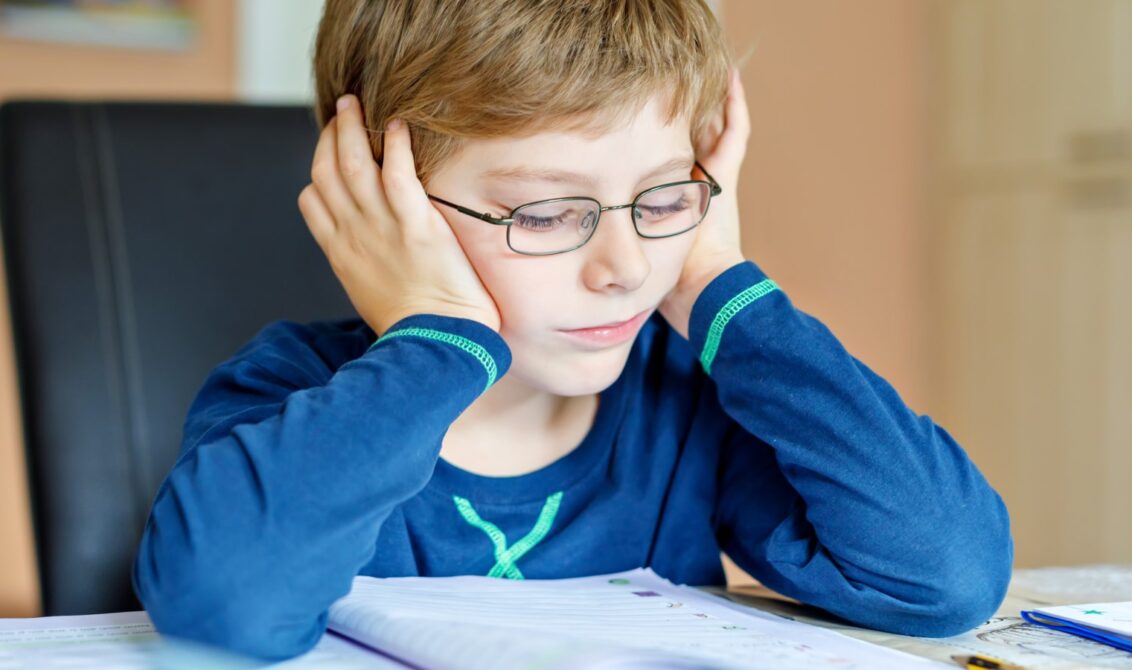
COVID-19 forced governments around the world to introduce nationwide school closures for all but a sliver of students. Now, as the lockdown is loosened, schools in the UK and many other parts of the world fully reopened from September 2020. As children flood back through the school gates, the mental health impact of the pandemic is becoming more and more apparent.
The impact of lockdown on student wellbeing
“The intense period of lockdown without the daily structure of school or social time with friends has been a stressful and hugely disruptive time,” says Zoe Bailie, director of brand development at The Mix, a UK youth charity. “It heightened existing mental health issues, such as anxiety or depression, and often created new issues, such as obsessive-compulsive disorder or agoraphobia.”
Through lockdown, The Mix saw a 74% rise in the use of its web chat support services, and an increase in the number of counselling sessions delivered. “There was also a rise in the number of young people mentioning depression, low mood, loneliness and isolation on our helpline, which shows just how much young people need support,” says Bailie.
A study from the University of Bristol highlighted concerns over home learning. The paper said it was a “poor substitute for face-to-face teaching”, with concerns over interaction and feedback, as well as potentially widening gaps in educational attainment among socioeconomic groups. But it was not all bad: home learning had fewer distractions, less stress for those with special educational needs (SEN), and sometimes strengthened family-teacher relationships.
The cancellation of GCSE and A levels exams and the uncertainty around results this summer may also have compounded the mental health strain on many students. “We already know that exam pressures in school can make teenagers feel anxious and stressed,” says Emily Widnall, a senior research associate at University of Bristol. But not sitting exams has actually made matters worse, she says, because the results directly impact students’ immediate future in terms of further education or employment opportunities.
However, her research found a decrease in anxiety and increase in wellbeing among some young people, who enjoyed a welcome break from the day-to-day pressures of schoolwork and bullying, but also the challenges of negotiating relationships with peers and stressed teachers. Students who already felt disconnected from school saw larger gains in mental health and wellbeing through lockdown.
“Not attending school may have protected these students from some of the usual drivers of poor mental health,” says Widnall. “This highlights the continued need to ensure that the school environment is one where young people can thrive with good mental health.”
How to support your students now
Now, with many schools open again after a long period of lockdown and the summer break, attention is turning to how students can be supported. The Back to School study in Bristol gathered views from young people, parents, carers and school staff about returning to school after lockdown in the UK. It found that young people are concerned about socialising at school, using public transport and catching up on learning after a prolonged absence.
“Now that schools have fully re-opened, students’ mental health and wellbeing may have to be prioritised before catching up on academic work, as students may be struggling to settle back into school,” adds Widnall. “Open conversations with how students are feeling will be really important.”
Claire Goodwin-Fee, a psychotherapist, encourages teachers to focus on what can be controlled. “Taking wellbeing seriously is incredibly important,” she says. “Make sure the kids are eating well, hydrating and exercising, which we know looks after our mental health. But also allow kids to be upset, to cry. It’s a natural response that releases endorphins to help us heal and make us feel better. Having a stiff upper lip is damaging.”
Bailie, at The Mix, adds that students may also have more questions than usual as they get their heads around all the new rules, so the more reassurance that can be offered, the better. “If a young person is anxious about staying safe, school staff should help them find a routine that makes them comfortable.”
She adds: “It’s also important to remember that during lockdown, friendships will have been put under pressure; young people may have drifted apart from each other and may need extra support in dealing with this.”
The role of teachers and parents
However, Fiona Hannah, a child and adolescent psychodynamic therapist at Teenage Mental Health, says that teachers often don’t have the capacity or training to manage young people’s emotional wellbeing and mental health. Many are focused on coronavirus restrictions and the curriculum. The Bristol research showed that teachers were concerned about Covid-19 infection risk on returning to school, the feasibility of risk reduction measures, and reduced staffing levels.
“It’s incredibly hard working at the coal face. They have to meet all these government regulations and are fearful for their own safety. They are overwhelmed,” she says.
“We need to change the agenda,” adds Hannah. “Teachers’ task is to educate. We need to put mental health services for children into schools. Teachers are doing a great job in incredibly difficult circumstances, but we cannot expect them to be mental health workers too.”
Like teachers, parents have also been under a huge amount of stress this year. One of the best things they can do is to try to take the pressure off young people by reminding them that academic achievement does not define them and that exam results aren’t the only thing that matter, says The Mix’s Bailie.
“It’s so crucial to remind young people to be kind to themselves during this time and prevent them from feeling overworked and stressed,” she says. “Helping them construct a study plan that includes regular breaks and time doing things they enjoy will support them in finding some balance.”
Bailie, the governor of a London primary school, adds: “Our first consideration when going back to school and in the future should be that, although we are pushed for good grades and attainment, it is impossible to teach well without first considering a young person’s holistic wellbeing.”
Further reading
Read more our blog on supporting your staff wellbeing and find lots more articles and resources to help with mental health and wellbeing during the time of COVID-19.

